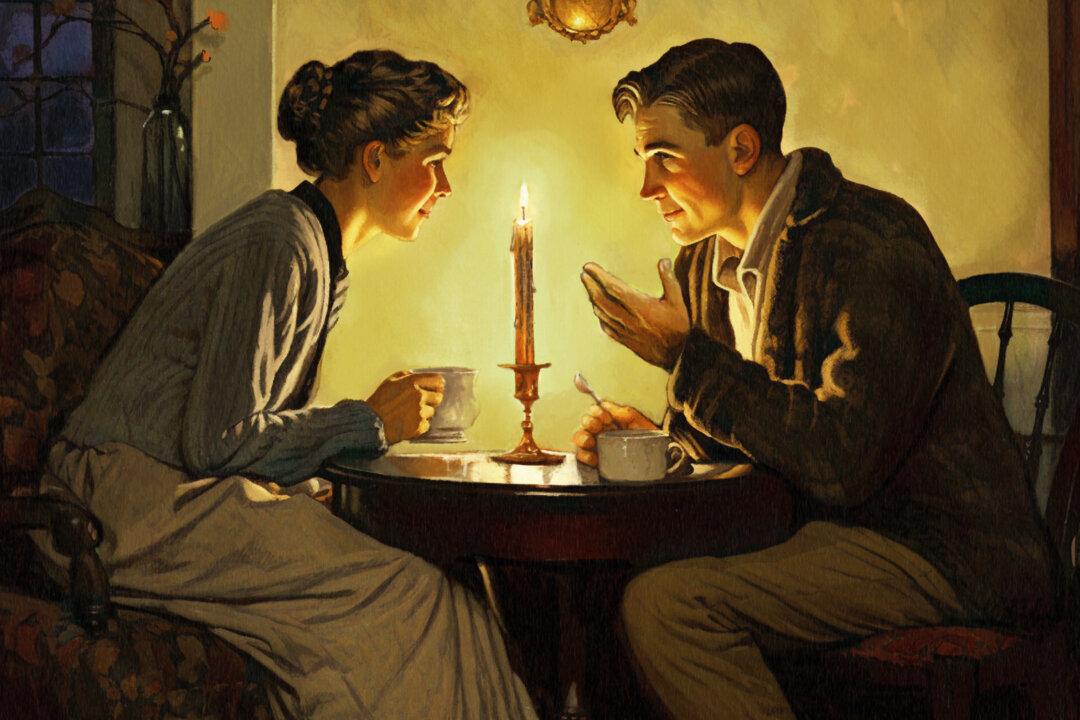A few months ago, my wife and I tried an experiment: one week during which we used no electric lights, computers, or TVs after 6 p.m. Our only illumination after the sunset came from candles.
We made it six days.

A few months ago, my wife and I tried an experiment: one week during which we used no electric lights, computers, or TVs after 6 p.m. Our only illumination after the sunset came from candles.
We made it six days.